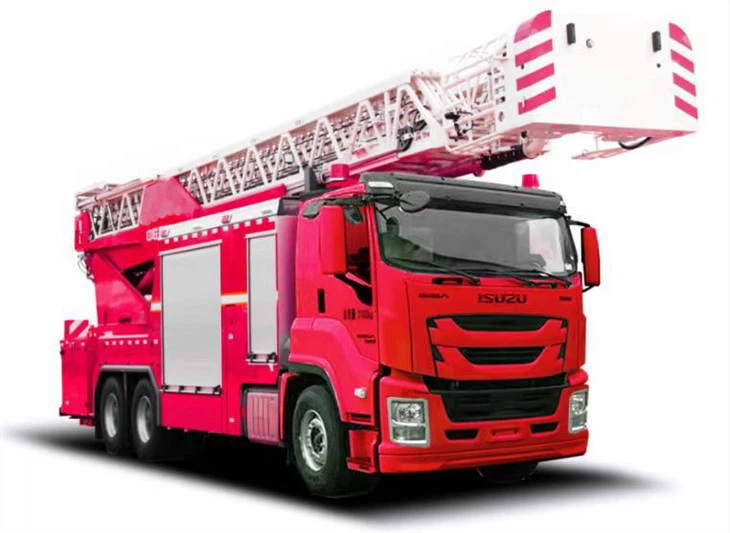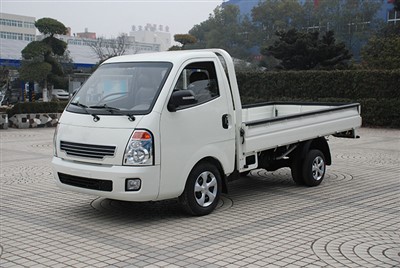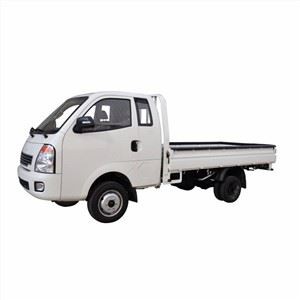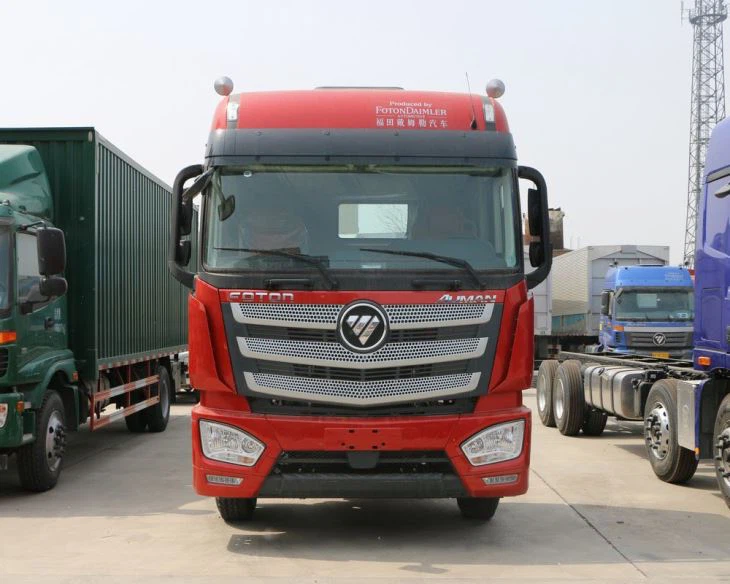Concrete Pump Truck Sale: A Comprehensive Guide

Introduction
Concrete pump trucks play a crucial role in the construction industry, facilitating the efficient and accurate delivery of concrete to various construction sites. When considering a concrete pump truck sale, there are numerous factors to consider, including types of pumps, pricing, maintenance, and where to buy. This article aims to equip you with the necessary information to make informed decisions regarding the purchase of concrete pump trucks.

Types of Concrete Pump Trucks
1. Boom Pump Trucks
Boom pump trucks are equipped with a long, articulated arm (the boom) that can reach several stories high, making them ideal for large construction projects such as skyscrapers and bridges. The boom allows for precise placement of concrete, reducing labor costs and increasing efficiency.
2. Line Pump Trucks
Line pump trucks lack the boom feature and use a series of pipes or hoses to transport concrete. They are more versatile and can be used for smaller jobs, including residential buildings and swimming pools. Line pumps are often more cost-effective for projects requiring lower volumes of concrete.
3. Specialized Pump Trucks
Some concrete pump trucks are designed for specific applications, such as those equipped with a long reach for overhead projects or those that deliver specific mixtures like high-strength concrete. Knowing the specific needs of your project will help you choose the right type of pump truck.
Benefits of Purchasing a Concrete Pump Truck
1. Increased Efficiency
Concrete pump trucks streamline the process of pouring concrete, allowing for quicker job completion, which can lead to overall project cost savings.
2. Versatility
With the ability to reach difficult areas and deliver concrete in varying volumes, concrete pump trucks can be utilized for a wide range of projects, making them a valuable asset for any construction company.
3. Enhanced Safety
Using a concrete pump truck improves safety on job sites. The need for fewer workers on the ground reduces the risk of accidents associated with manual labor. Additionally, the accurate placement of cement reduces the likelihood of spills and injuries.
Factors to Consider When Buying a Concrete Pump Truck
1. Project Requirements
Before purchasing a concrete pump truck, assess the types of projects you typically undertake. This assessment will help you determine whether you need a boom or line pump truck and what specific capabilities you require.
2. Pricing
Prices for concrete pump trucks can vary significantly based on their capabilities and condition (new vs. used). Create a budget and research different models to ensure you get the best value for your investment.
3. Maintenance and Support
Consider the availability of spare parts and the ease of maintaining the pump. A truck with readily available service options will save you time and money in the long run.
4. Brand Reputation
Research various brands and manufacturers. Look for those with a strong reputation for reliability and customer support. Reading customer reviews and industry publications can help guide your decision.
5. New vs. Used Trucks
Decide whether to purchase a new or used concrete pump truck. While new trucks come with warranties and the latest technology, used trucks can offer significant savings. Ensure you have a reliable inspection process in place if you choose to buy used.
Where to Buy Concrete Pump Trucks
1. Authorized Dealerships
Purchasing from an authorized dealer can offer peace of mind, as they often provide warranties and after-sales support. Research the dealers in your area and compare their offers.
2. Online Marketplaces
Websites like eBay, Craigslist, or specialized heavy machinery sites offer a wide selection of new and used concrete pump trucks. Always check seller ratings and reviews before making a purchase for safety.
3. Auctions
Many construction equipment auctions can provide significant savings. However, be cautious and do thorough research before bidding, as auction items are often sold as-is without warranties.
Financing Options for Concrete Pump Trucks
1. Bank Loans
Many banks offer loans for purchasing heavy machinery. Speak with a financial advisor to understand loan terms and interest rates that suit your budget.
2. Equipment Financing Companies
Specialized equipment finance companies can provide tailored options specifically for construction machinery purchases. They often feature flexible payment plans that can ease cash flow issues.
3. Lease vs. Buy
Consider whether leasing a pump truck could be more beneficial than purchasing one outright. Leasing often allows for lower monthly payments, though you won’t own the equipment at the end of the term.
Maintenance Tips for Concrete Pump Trucks
1. Regular Inspections
Perform routine inspections of the truck. Check fluid levels, hoses, and the concrete delivery system to ensure optimal performance. Early detection of issues can save on costly repairs.
2. Cleaning
After each use, clean the pump and the pipelines. Concrete residue can harden and impair performance. Make use of the manufacturer’s recommended cleaning solutions.
3. Lubrication
Ensure that all moving parts are well-lubricated to prevent wear and rust. Follow the manufacturer’s recommendations for the frequency of lubrication.
Practical Examples and Case Studies
1. Residential Construction

A local construction company used a line pump truck to complete a residential project in less than half the time predicted using manual pouring methods. The project saved costs, allowing the company to take on additional jobs more quickly.
2. High-Rise Building
A boom pump truck was deployed for a high-rise construction project, allowing workers to efficiently pour concrete at heights of over 50 feet. This optimized the workflow and minimized the number of workers on-site.
3. Specialty Mix Concrete
A contractor who needed to deliver a high-strength concrete mix used a specialized pump truck, which not only ensured improved concrete placement but also helped maintain the integrity of the mix during delivery.
FAQ
1. How much does a concrete pump truck cost?
The cost of concrete pump trucks can range significantly. New models can cost anywhere from $100,000 to $250,000 and more, while used trucks can be found for as low as $30,000 depending on their condition and age.
2. How often should a concrete pump truck be serviced?
A concrete pump truck should be serviced regularly, with major inspections typically required every 500 hours of operation. It’s also advisable to perform routine checks after each use.

3. Can I finance a concrete pump truck?
Yes, many options are available for financing a concrete pump truck, including bank loans, financing from equipment companies, and leasing options.
4. What is the difference between a boom pump and a line pump?
A boom pump has a long arm for reaching elevated areas, making it suitable for high-rise projects, while a line pump uses hoses and pipes for smaller, more localized projects.
5. How can I determine the right type of pump for my project?
The right type of pump depends on your project’s scale, height requirements, and the volume of concrete needed. Assess these factors along with your budget to determine the best option.
6. Is it better to buy new or used concrete pump trucks?
Buying new gives you the latest technology and warranties, but used trucks can save you money. Each option has its benefits, so assess your needs, budget, and risk tolerance before making a decision.
